According to the registration figures of the importer federation Febiac and the federal public service Mobility & Transport, 49,662 new cars were registered in June 2024, a 4% decrease from the same month last year.
In the first half of the year, the market for new cars in Belgium and Luxembourg shrank by 0.4%, with 263,408 registered new cars compared to 264,475 in 2023. 24.5% of them, or 64,429 units, were BEVs.
While light commercial vehicles progressed slightly in June (+2%), heavy vehicles did much better: +15% for trucks up to 16 tons and +8.8 % for those of 16 tons and more. Two-wheelers suffered from lousy weather, registering at -20.2% in June, while the result for the first six months was still +1.7%.
EV is still going strong
While the European market for BEVs is seriously slowing down, the Belux market is still strong for new and second-hand ones. The new BEV market is still mainly driven by the company car market (B2B), representing 85.5% of the total EV market.
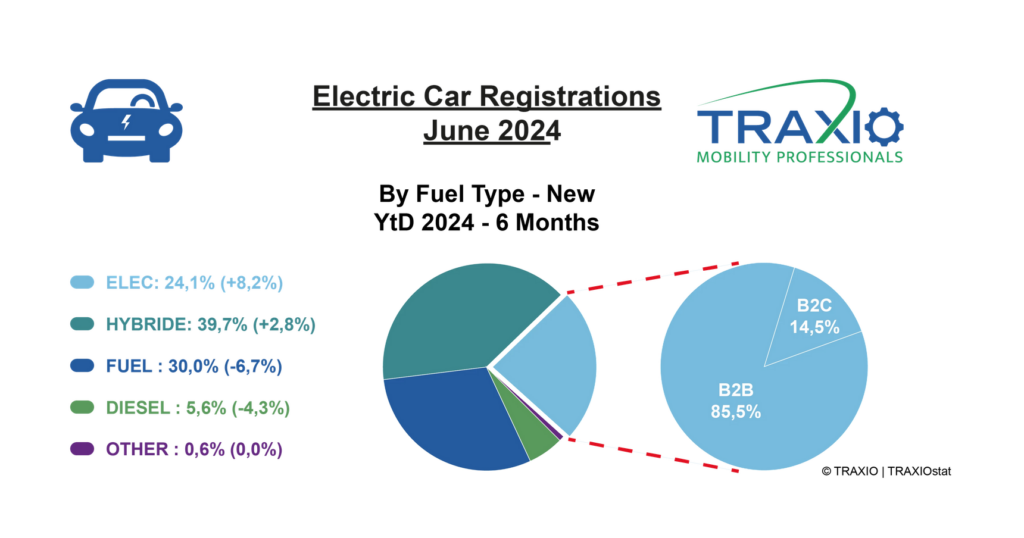
The new BEV market rose by 47.5% in the first half of 2024, from 43,687 to 64,429 registrations. Private buyers now represent 14.5% of the total new BEV market (compared to 10.3% in 2023). The actual sales by individual buyers more than doubled (+107.4%) for the first six months. More than four out of five are sold in Flanders, thanks to the governmental premium of €5,000 installed in 2024.
The distribution of the second-hand EV market is different. While 51% of second-hand BEVS are company cars, 49% are bought by individual buyers. The market is still new; 10,112 second-hand BEVs were sold in the first semester of 2024, or 87.3% more than last year.
Sales to private buyers increased by 135%, again thanks to the Flemish premium (€3,000 for a second-hand BEV). It’s already clear that the abolition of this Flemish premium at the end of 2024 will severely impact private EV sales (new and second-hand) in 2025. More affordable EVs will have to compensate for this.
By brand
In June, Volkswagen took the lead from BMW, selling 4,296 cars against 4,230 for the Bavarians. Third is Audi, followed by Mercedes and Toyota. Only the last of these top five could also register positive sales results, be it a modest +0.8%.
Tesla (6th) was doing very well (+34.1%), just like Citroën (8th, +25%), Volvo (9th, +12.6%), and Kia (10th, +13.2%). Only Dacia (7th, -15.9%) sold less.
MG (12th, +124.8%), Hyundai (14th, +47.7%), Mazda (16th, +83.6%), and Suzuki (21st, +90.7%) register notable performances. In the lower regions in absolute figures, we see spectacular sales jumps for BYD (27th, +805.9%), Smart (30th, +5,733.3%), Honda (31st, +103.9%), and Subaru (38th, +154.6%).
On the losing side, we see Stellantis again: apart from the good performance of Citroën and Fiat (20th, +6.1%), almost all other group brands are scoring poorly: Peugeot (13th, -44.2%), Opel (19th, -37.2%), Jeep (29th, -34%), and Alfa Romeo (35th, -59.6%).
BWM at the lead
When we consider the first half of the year, we see that BMW is still comfortably in the lead, the sole brand having more than 10% market share (10.2%). Volkswagen (9% market share), a fast-growing Audi (7.7%), Mercedes (6.9%), and a remarkable Volvo (from 4.5 to 6% market share) follow.
The rest of the top 10 is made by Toyota (5.6%), Dacia (5.5%), Renault (4.7%), Tesla (from 3.1 to 4.7%), and an ailing Peugeot (from 7.2 to 4.1% market share). Rising stars are Hyundai, Mazda, Suzuki, MG, Honda, BYD, Lexus, and Smart.
Talking electric, the most popular brand is, expectedly, Tesla, where the Model Y is the number one seller for both B2B and B2C sales. Volvo’s good performance is illustrated by the brand having two models in the top 10 in both categories, the new EX30 and the trustworthy XC40.
Where BMW is represented with four BEV models in the B2B ranking, it scores none in the B2C top ten. A quick look at the second-hand top 10 shows that the Porsche Taycan (!) is number one in B2B, followed by Tesla Model 3 and Model Y. In the B2C ranking, Model 3 leads the pack comfortably, with two other Tesla models also in the top 10 (models S and Y).
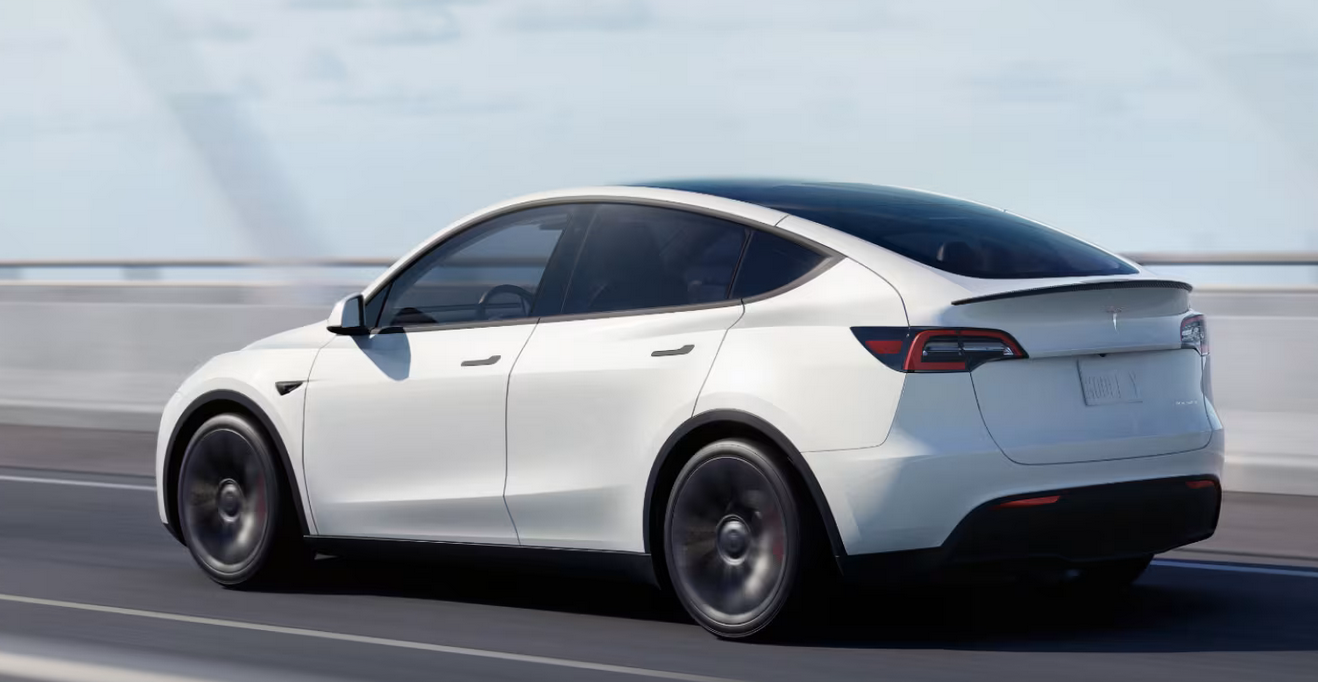
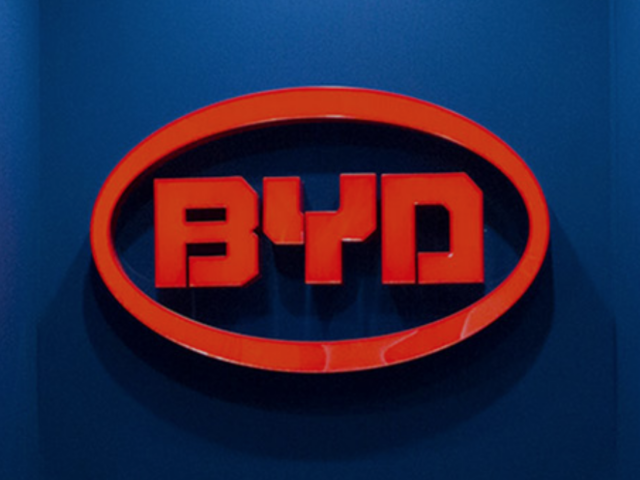
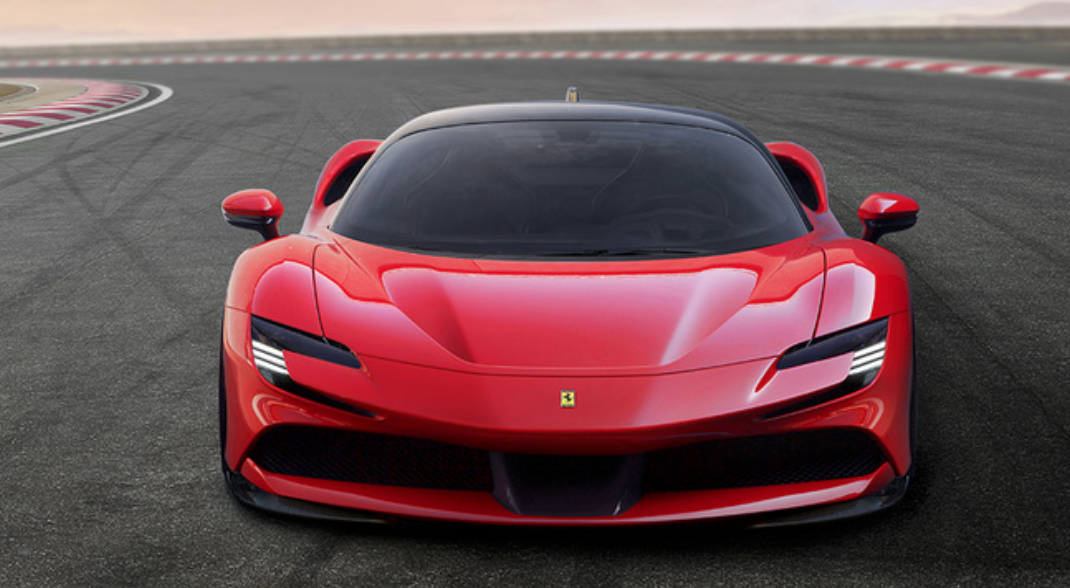
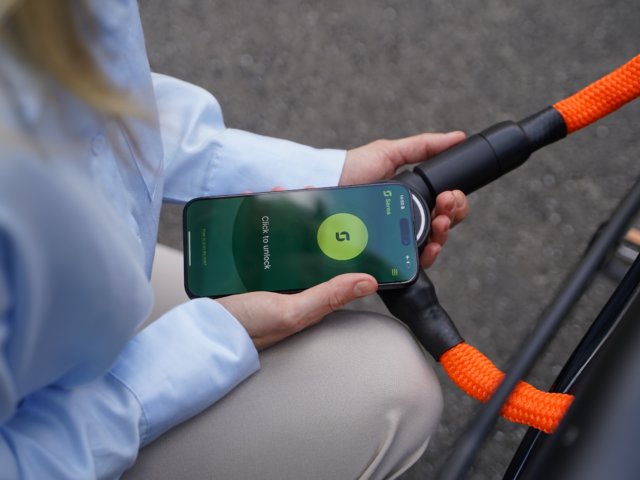
Comments
Ready to join the conversation?
You must be an active subscriber to leave a comment.
Subscribe Today